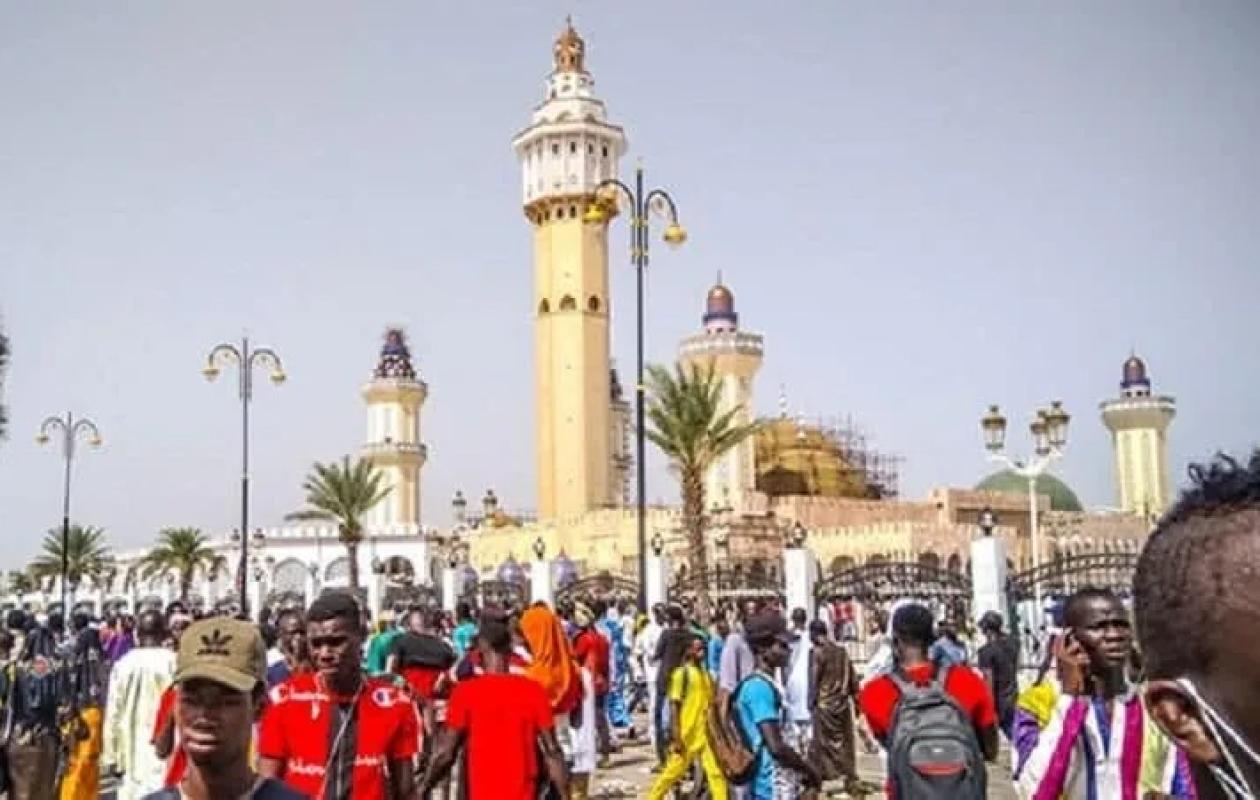
Le Magal, les médias et le buzz
The Grand Magal of Touba is a major religious event. And like any major event, religious or not, there are two sides to it. This year, both aspects were evident, particularly in the media coverage, as illustrated by this press release from the National Fire Brigade (BNSP) and the outrage of one Abdu Jaxate Saalihu.
In its press release, the BNSP, through its Information and Public Relations Division, extended its warm congratulations and thanks to the press for its "precious" collaboration.
"Through your professionalism, your rigor and your sense of duty, you have once again enabled us to carry forward the titanic work accomplished by the firefighters. (...) By accurately relaying our messages and our actions, you have played an essential role in the success of the security and preventive measures put in place," she said.
The BNSP is so euphoric that it writes a poem to the press:
Enlightened press, sentinel who raises us up,
herald of the true messenger of knowledge…
But what kind of press is the BNPS talking about? Certainly not the one Abdu Jaxate Saalihu is denigrating. In one post, Saalihu accuses the tabloids of sabotaging the great Magal.
"Instead of highlighting the very essence of this spiritual event, they are hijacking it to sell noise and spectacle. While sacred voices recite the Quran, while disciples exalt the work of Serigne Touba, the celebrity press focuses its cameras on singers, musicians, and entertainment figures, as if the Magal were a music festival," he complains.
This year, it must be admitted, one of the celebrities who captured the most public attention was, among others, Mame Ndiaye Savon. On the Internet, as well as at home, she was one of the attractions. The number of outfits she wore, her gold jewelry, and the food at home were all widely commented on. And it is precisely this aspect of the Magal that interests certain media outlets, particularly the celebrity press.
At the 2002 African Cup of Nations, recalls a veteran of the press, the daily newspaper "Tract" was present in Mali to cover "Bamako by Night." "Metsu and some of his players were going to Byblos, a hot nightclub in Bamako. The "Tract" reporter had written some stories that caused a stir. To those who criticized their coverage, the "Tract" journalists replied that they had not come to cover the competition."
In truth, it's always been like this, during major events. On one side, there's the traditional press that comes for the event itself, and on the other, the celebrity press looking for gossip, although the boundaries aren't always clear, since the so-called serious press sometimes offers "side stories" that often overlap with the concerns of the celebrity press.
In fact, Man has always been inhabited by what Ignacio Ramonet calls "this scopic drive to see, to observe, to watch." It is this propensity to look at others in their intimacy, especially when the windows are open and the lights are on. With the advent of television and especially the Internet, the opposite of the "scopic drive to see" has developed. This is what Ramonet calls the "immodest taste for showing oneself."
Nowadays, people love to expose their private lives. From reality TV shows that have caused a sensation and scandal to TikTokers and other YouTubers, private lives are increasingly exposed, and the public seems even more interested.
Thus, the meeting between the desire to see the other in their intimacy and the will to expose oneself to the general public constitutes fertile ground for new media phenomena. What was just a few generally much-maligned programs on traditional television becomes almost the entire schedule of WebTv, YouTube channels, Tik-tok accounts...
It's important not to forget that the media are only a reflection of their society. They can certainly have an amplifying effect, but at the root, there are always social realities. To convince yourself of this, simply place two tents 200 meters to the left and right of your house.
Early in the morning, we begin with Quran recitals, a religious figure is announced for the day and an intellectual luminary for the afternoon, both for lectures on social or current affairs topics. At 6 p.m., without any announcement, the "bongomen" are brought into the other tent, followed by the drummers. After an hour, the audience of "bongomen" will be double that of the scholars.
It is this society of the spectacle that has translated into the Magal. In many places, the Quran is recited, the "khasaïds" of Serigne Touba are chanted, people pray, and talks are organized. But all this, unfortunately, does not interest the general public, especially women and young people. Their attention is directed more towards Mame Ndiaye Savon and her ilk.
Ultimately, Abdu Jaxate Saalihu's cry for help is perfectly understandable. But given the current state of affairs, it has very little chance of being heard. Unless the political and religious authorities find another solution.
Commentaires (1)
Participer à la Discussion
Règles de la communauté :
💡 Astuce : Utilisez des emojis depuis votre téléphone ou le module emoji ci-dessous. Cliquez sur GIF pour ajouter un GIF animé. Collez un lien X/Twitter, TikTok ou Instagram pour l'afficher automatiquement.